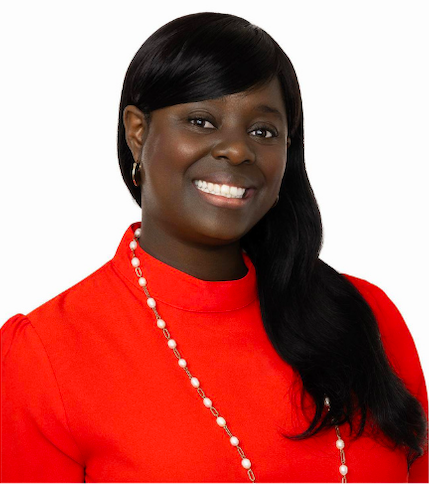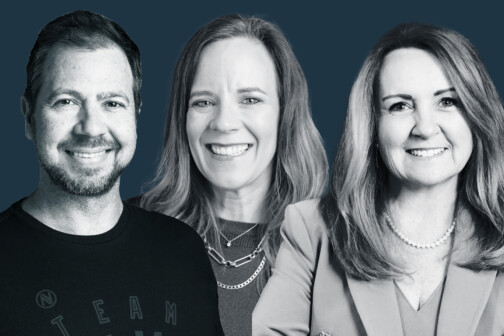
It’s a good thing that Dr. Nana Mireku is the mother of her children and not anyone else. Her two children both suffer from life-threatening food allergies, eczema, asthma, and other health issues. Fortunately for them, their mother is an allergist who is thinking about improving access to allergy care for those who need it.
Southlake resident Mireku founded AllergenIQ, which was in the latest cohort of healthcare accelerator Health Wildcatters, to do just that. Between the busy schedules of families and the pandemic that shut down so many clinics, Mireku saw an opportunity to launch a digital care company offering holistic allergy care. When Mireku’s former clinic shut down during the pandemic, she saw an opportunity. “People were literally reaching out to me because they wanted care, despite the pandemic, in a way that was convenient,” she says. “It was surprising and shocking to me that we didn’t have a global infrastructure in place to manage people conveniently with access to qualified physicians and specialists.”
The company offers remote testing, treatment, and connection with a board-certified allergist without visiting the office. According to Food and Allergy Research and Education, one in ten adults and one in 13 children experience a food allergy, and numbers are going up. Each year, 200,000 people require emergency medical treatment because of allergic reactions to food. The Centers for Disease Control and Prevention found that food allergy in children increased by 50 percent between 1997 and 2011. Between 1997 and 2008, peanut and other nut allergies more than tripled in the U.S. Much of that, Mireku says, was because pediatricians were advising parents not to expose children to peanuts at an early age, but that may have been creating an allergy rather than triggering one. Best practice has adjusted to expose toddlers to potentially allergic foods earlier. Still, children born during that period need care at a higher rate than previous generations of children.
While the most acute allergy issues will still require in-office visits, much of the testing, monitoring, and treatment for food allergies can be done via remote testing and monitoring and sublingual treatment applied under the tongue. “A patient-centric model like this is all about creating that experience accessibility and improving the healthcare outcome of that patients, and being completely focused on the patients’ needs,” Mireku says.
The digital platform hopes to improve user experience and provide feedback, monitoring, and how patients can improve compliance with therapy. She hopes the platform can improve access for communities who may not live near an allergist, who are more likely to be poor and of color. She also wants to integrate mental health into the care, as fears and stress about food allergies can take their toll on families. Education, too, is part of the program. Understanding the difference between food intolerance and food allergies, as well as understanding that food allergies can be overcome is essential to top notch care.
“I see the gaps in a complete healthcare model,” she says. “That kid who gets EpiPen, they’re traumatized. And that mother who had to do that, she is traumatized. So many things that can be done.”
Looking ahead, the company hopes to partner with employers to provide allergy care and will eventually seek approval from health insurers to be included in plan networks. Health Wildcatters’ pitch day was last week, so the company wants to raise funds, hire, and expand. She says the experience in the accelerator has been essential, and meeting with her cohort and investors has confirmed the need for the service. “What fuels me right now is knowing that there is a need for this and that we could, with the help of a large team, Health Wildcatters, and people in the community, be able to transform a million lives.”





